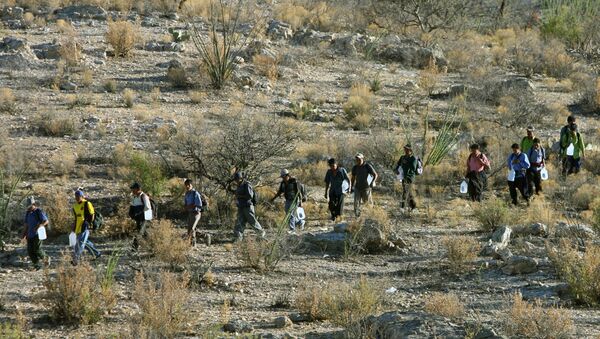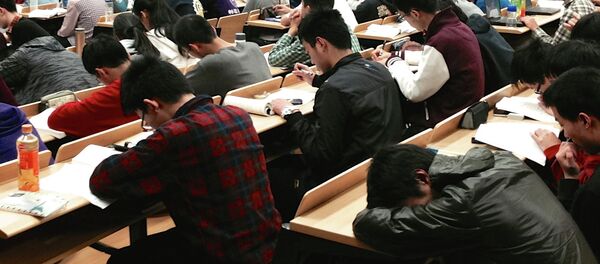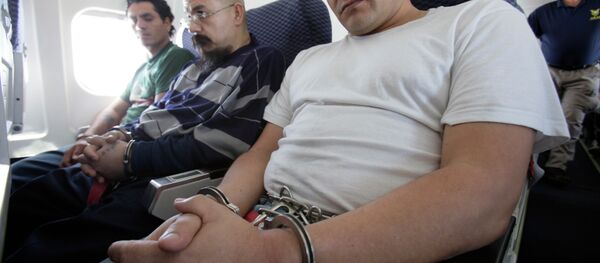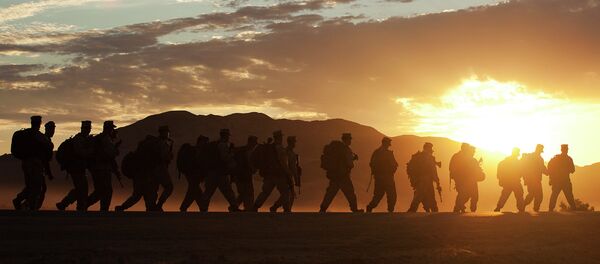The protest was prompted by the death in May of Jose de Jesus Deniz-Sahagun under obscure circumstances after alleged guard abuse. He was the third person to die in US Immigration and Customs Enforcement (ICE) custody in 2015.
Human rights activists are calling for an end to what they consider to be retaliatory measures by officials of the Eloy Detention Center against peaceful protesters, which include migrants being locked out in heat without water or being denied medical care despite grave threat to their health. The protesters are also being refused permission to contact family members.
Meanwhile, a spokeswoman for the ICE denied that any of detainees have refused food and stressed that migrants at Eloy receive constant medical assistance.
CONDITIONS OF US DETENTION CENTERS CRITICIZED
US detention centers have received much criticism from government agencies, to human rights groups, international organizations and media outlets for their inhumane living conditions.
In May, over 130 US lawmakers urged the Homeland Security Secretary to curb migrants' detention in "jail-like" facilities, crippling their physical and mental health, with their medical needs being ignored.
ACLU hoped to bring about an improvement in conditions in the Border Patrol’s Tucson Sector detention facilities, which covers some 262 miles of the US-Mexico border.
On Monday, the UN High Commissioner for Human Rights slammed US immigration detention centers for their inhumane conditions, citing a lack of health care, violence and overcrowding. The UN envoy called for an overhaul of US policy on migrants, especially women and children, whose rights he said are being gravely violated.





